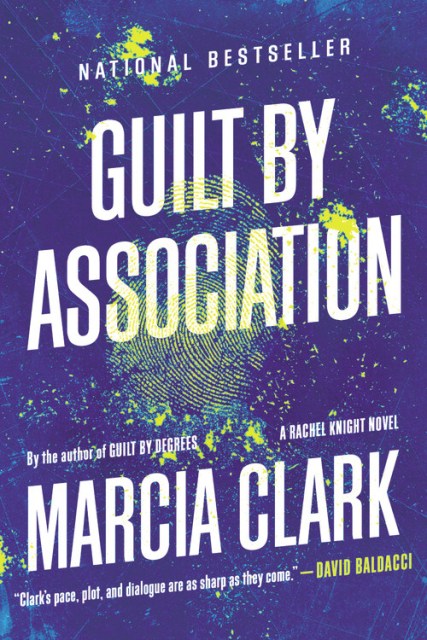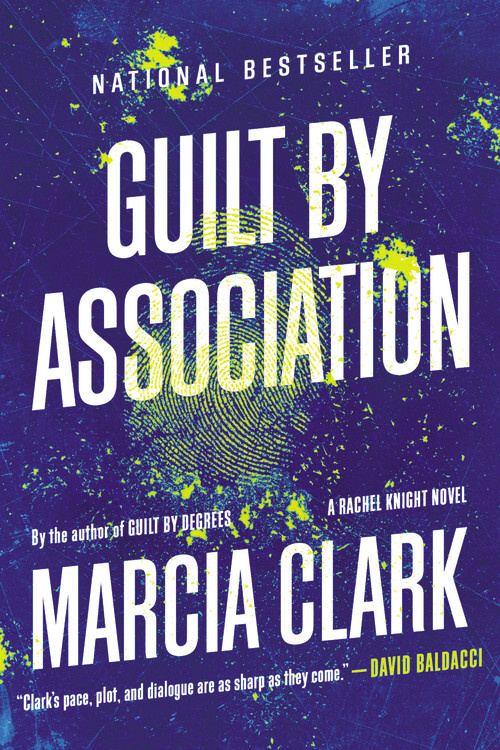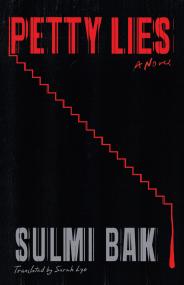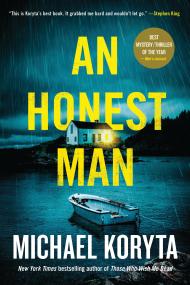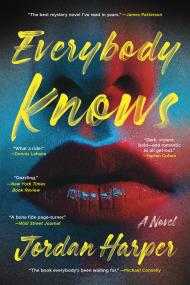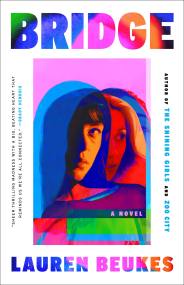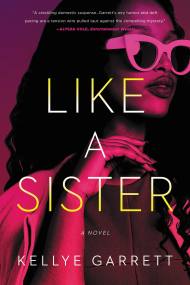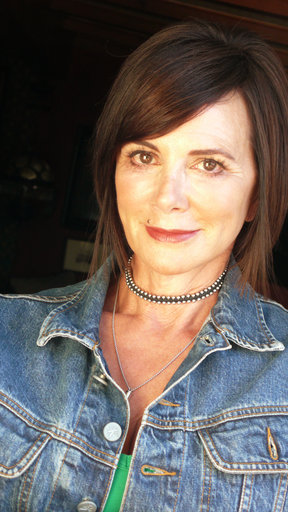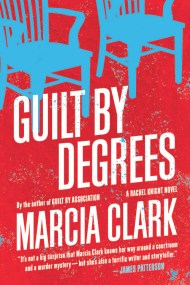By clicking “Accept,” you agree to the use of cookies and similar technologies on your device as set forth in our Cookie Policy and our Privacy Policy. Please note that certain cookies are essential for this website to function properly and do not require user consent to be deployed.
Guilt by Association
Contributors
By Marcia Clark
Formats and Prices
- On Sale
- Mar 1, 2012
- Page Count
- 384 pages
- Publisher
- Mulholland Books
- ISBN-13
- 9780316198967
Price
$15.99Price
$19.49 CADFormat
Format:
- Trade Paperback $15.99 $19.49 CAD
- ebook $7.99 $9.99 CAD
- Audiobook Download (Unabridged)
This item is a preorder. Your payment method will be charged immediately, and the product is expected to ship on or around March 1, 2012. This date is subject to change due to shipping delays beyond our control.
Buy from Other Retailers:
Los Angeles D.A. Rachel Knight is a tenacious, wise-cracking, and fiercely intelligent prosecutor in the city’s most elite division. When her colleague, Jake, is found dead at a grisly crime scene, Rachel is shaken to the core. She must take over his toughest case: the assault of a young woman from a prominent family.
But she can’t stop herself from digging deeper into Jake’s death, a decision that exposes a world of power and violence and will have her risking her reputation — and her life — to find the truth.
With her tremendous expertise in the nuances of L.A. courts and crime, and with a vibrant ensemble cast of characters, Marcia Clark combines intimate detail, riotous humor, and visceral action in a debut thriller that marks the launch of a major new figure on the crime-writing scene.
But she can’t stop herself from digging deeper into Jake’s death, a decision that exposes a world of power and violence and will have her risking her reputation — and her life — to find the truth.
With her tremendous expertise in the nuances of L.A. courts and crime, and with a vibrant ensemble cast of characters, Marcia Clark combines intimate detail, riotous humor, and visceral action in a debut thriller that marks the launch of a major new figure on the crime-writing scene.
Series:
-
"You must read this book: it is wildly and complexly plotted, ebulliently witty and filled with riotous humor; it details the inner workings of the L.A. legal system with unprecedented accuracy and verve - and to top it off, it is a damn, damn, good thriller."James Ellroy
-
"Marcia Clark's debut novel showcases her experience and knowledge of the legal system. The pace, plot and dialogue are as sharp as they come in the genre. Her character of Rachel Knight bleeds real blood, sweat and tears on the page. Guilt by Association is a four-bagger for Clark and her many new fans will eagerly await her next step up to the plate."David Baldacci
-
"Clark...makes a triumphant fiction debut that catapults her to the same level as Linda Fairstein, her fellow assistant DA turned legal thriller novelist....Readers will want to see a lot more of Knight, who combines strength of character and compassion with all-too-human foibles."Publishers Weekly
-
"A remarkably accomplished debut novel.... Clark offers a real page-turner here, with smart, fast-moving prose; a skillfully constructed plot; and a protagonist well worth knowing...A top-notch legal thriller that will leave readers wanting more.Michele Leber, Booklist
-
"There's a new voice in L.A. crime fiction...the plot races along, and Clark adds just enough smart lawyer talk to keep us edified. It's sure to satisfy Law & Order fans."Wendy Witherspoon, Los Angeles Magazine
Newsletter Signup
By clicking ‘Sign Up,’ I acknowledge that I have read and agree to Hachette Book Group’s Privacy Policy and Terms of Use
